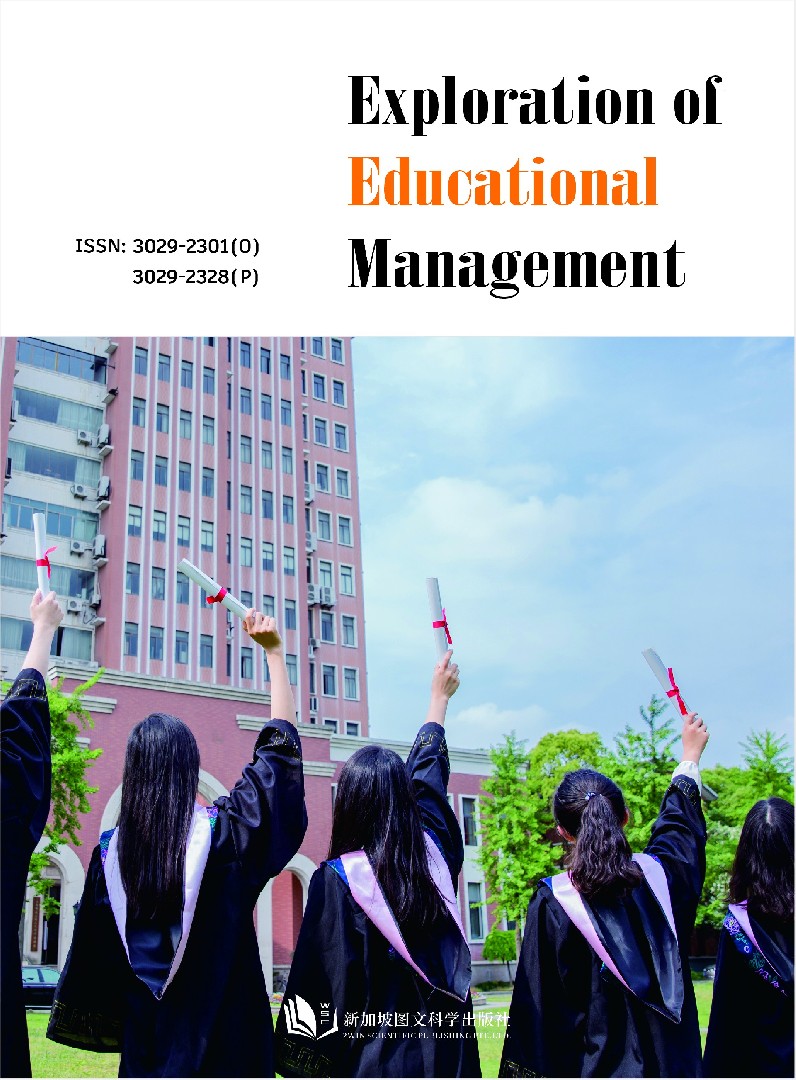作者
Yihan Wang
文章摘要
Because of foreign language class anxiety, high school students have considerable language learning and efficiency issues. Based on Gross 'Process Model of Emotion Regulation and Krashen's Affective Filter Hypothesis, this study examines the neurocognitive mechanisms of FLCA and makes recommendations for evidence-based intervention strategies. The study studied 96 high school students in China using a mixed-methods approach to discover that targeted emotion regulation techniques, including cognitive reappraisal, physiological modulation, and teacher-mediated scaffolding, can reduce anxiety levels by 34.7% and improve oral fluency by 29%. In order to promote medically stable learning environments, the studies recommend including ER instruction in international language training.
文章关键词
high school; anxiety in international languages; expressive screen; and intellectual reappraisal
参考文献
[1] “Emotion Regulation:Affective,Cognitive,and Social Consequences”-Gross,J.J.(1998).
[2] “Principles and Practice in Second Language Acquisition”-Krashen,S.D.(1982).
[3] “Methods and Results in the Study of Anxiety and Language Learning”-MacIntyre,P.D.,&Gardner,R.C.(1991)
[4] “ Biofeedback and Growth Mindset Interventions to Reduce Language Learning Anxiety:A Randomized Controlled Trial”-Pothier,T.,&Sweller,J.(2020).
[5] “ Cognitive Reappraisal Training in Language Classrooms:Reducing Anxiety and Improving Participation ”-Liu,M.,&Zhang,X.(2021).
Full Text:
DOI
